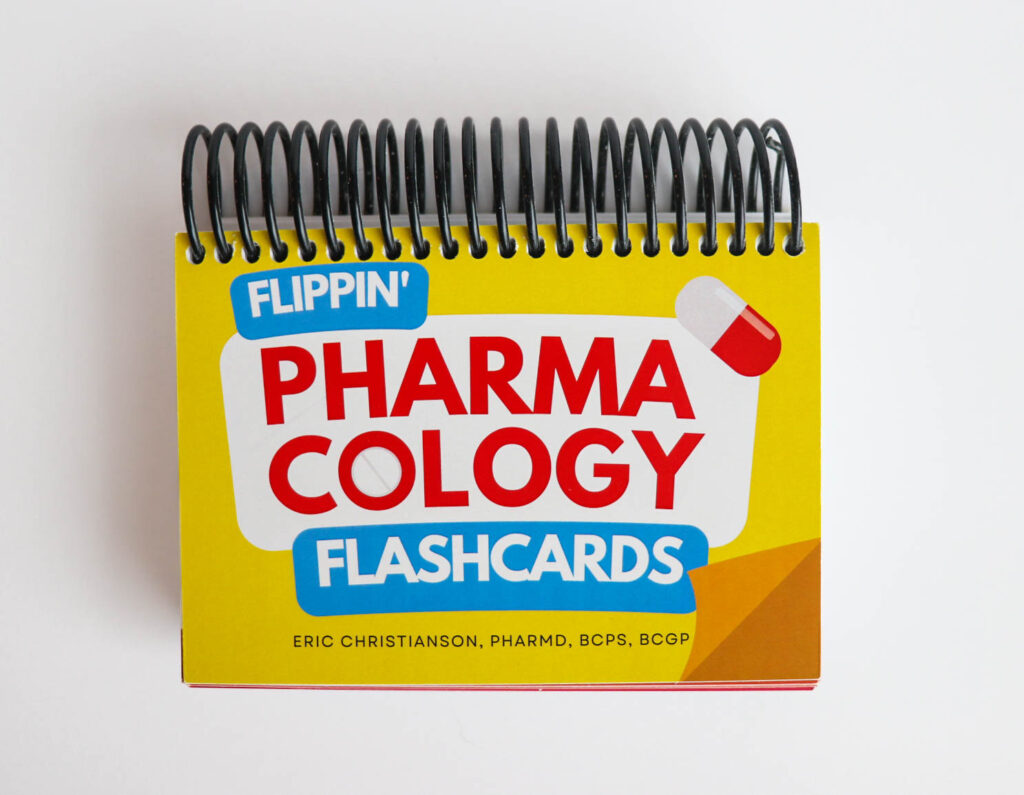Alpha-blockers (i.e., tamsulosin) are commonly seen in male patients, as they are used to treat symptoms of benign prostatic hyperplasia (BPH; the only FDA-approved indication currently). Because of this, there is no doubt a prescription sent to the pharmacy for a female may raise some speculation. In recent years, uroselective alpha-blockers have been used for the management of kidney stones. All agents in this class have been found to be effective, although most of the data is regarding tamsulosin. Below, we discuss kidney stones, tamsulosin use in females, and why you might not need to call the doctor for clarification.
Kidney stones are common and have only been increasing in prevalence. They are crystalline concretions formed as a result of solute precipitation in the setting of urine supersaturation. 80% of patients will form calcium stones, however, there are multiple different constituents capable of crystallization and sometimes stones will contain more than one type. Several factors can increase the concentration of calcium or oxalate in the urine, including diet, intestinal bypass surgery, and metabolic disorders. Medications may also increase the risk of calcium phosphate stone development, particularly drugs that alter carbonic-anhydrase function such as acetazolamide and topiramate. A broad review of kidney stone composition and likely association include the following:
- Calcium oxalate; likely caused from diet or intestinal bypass surgery
- Calcium phosphate; seen in metabolic disorders or with carbonic anhydrase inhibitors
- Magnesium ammonium phosphate (AKA struvite); seen in infectious stones
- Uric acid; typically idiopathic or from hypovolemia
- Cystine; result of genetic defect
Kidney stones can be asymptomatic when they are limited to the kidney. Pain typically develops when the stone travels through the genitourinary system, from the kidney, and down the ureters. The pain is often described as dull initially but can progress to sharp, and severe. Blood in the urine is not uncommon from larger stones damaging the ureter walls. Several complications may arise from kidney stones, including but not limited to infection, abscess formation, ureteral perforation, and renal function loss from long-standing obstruction.
As far as treatment goes, the primary goal is pain control with non-steroidal anti-inflammatory drugs (NSAIDs) to help relieve ureteral spasms. Tamsulosin was noticed to aid stone passage by reducing smooth muscle stimulation, therefore was designated as medical expulsive therapy (MET) along with calcium channel blockers (i.e., nifedipine) and antispasmodic agents. MET therapies are used to increase the passage rate of kidney stones. There has been some data to suggest better efficacy from tamsulosin over nifedipine, so it is typically used more often. Tamsulosin also has less concern for hypotension given its uroselectivity. It is currently recommended to treat with tamsulosin 0.4 mg daily for up to 4 weeks in kidney stones >5 mm and ≤10 mm, in all adults. This is why you will see tamsulosin use in females!
While kidney stones are likely the answer for tamsulosin use in females, there has been emerging data in the treatment for lower urinary tract symptoms (LUTS). Randomized controlled trials with tamsulosin vs. placebo have seen improvements in overactive bladder and quality of life questionnaires, along with physiological improvements in urine flow rate. This is currently used off-label, but you may see prescriptions for tamsulosin 0.4 mg daily for these reasons.
Have you seen any other unusual cases with tamsulosin? I hope this review saves you time from calling the clinic for clarification!
- 30 medication mistakes PDF
- 18+ Page Drug Interaction PDF
- 10 Commandments of Polypharmacy Webinar based on my experiences in clinical practice
This article was written by Hannah Wetter in collaboration with Eric Christianson, PharmD, BCPS, BCGP
Highly Rated Pharmacology Flash Cards

Resources:
- Curhan, G., et al. Kidney stones in adults: Diagnosis and acute management of suspected nephrolithiasis. UpToDate [Web]. Wolters Kluwer Health. Waltham, MA. Last updated January 2022. Accessed via https://www.uptodate.com/contents/kidney-stones-in-adults-diagnosis-and-acute-management-of-suspected-nephrolithiasis?search=kidney%20stones&source=search_result&selectedTitle=1~150&usage_type=default&display_rank=1
- Koski, R. Efficacy and Safety of Alpha-Blockers for Kidney Stones in Adults. Published 2018; 34(2): 54-61.
- Nojaba, L., Guzman, N. Nephrolithiasis. StatPearls [Internet]. Last updated August 2021. Accessed via https://www.ncbi.nlm.nih.gov/books/NBK559227/
- Zhang, H.L., et al. Tamsulosin for treatment of lower urinary tract symptoms in women: a systematic review and meta-analysis. International Journal of Impotence Research. Published 2017; 29: 148-156.



This well appreciated. It is a good review
The last time I took flowmax my blood pressure dropped and I was very cold and hD to put blankets on. I’m taking Norvasc for my blood pressure med
Thank you very much for posting all of this info. I am a female that was put on Gemtesa 75 mg and Tamsulosin Hcl 0.4 mg daily. Before both medications I was have issues starting my urine stream, I could feel my body kegal as I was trying to urinaye, I was urinating a small amount, and frequently feeling like I needed to go whether I could void or not. Sometimes I would sit on the toilet up to 30 minutes trying to get myself to urinate. Tamulosin was first prescribed and did not fully solve my issues but I cannot remember what it was. Once Gemtesa was added, I would say my urinary issues are almost normal and I am able to void large amounts unlike the little toddler like urine amounts I have for so long and I can urinate right away. When I was just viewing the medicine info on the pharmacy app I saw that Tamulosin is used for men with prostate issues. Of course I went to google to see why I as a female am on it and it helps me… and I found your article. I appreciate your info and I also hope sharing some of my personal info may help you or other women that are struggle with any of the urinary issues I discussed.
These explanations cleared several questions up for me. I like to know what is going into my system and how it might affect me. Don’t like surprises. Thank you for being available.
My Doctor prescribe Tamsulosin for kidney stones I am aware I may need surgery but, I hope not. Hopefully medication will help kidney eliminate dissolve stones
Did it help you?
Are still taking it?
Have you passed your stone yet, because I was starting a week ago on Friday to help to pass a stone.
Thanks for the info. I was prescribed Tamsulosin for kidney stone which helped quite rapidly however the hospital that prescribed the Tamsulosin for stones said nothing about me having a lower bowel obstruction which I was given when the emergency room called me in because of the stone how they completely missed the Bowel obstruction which I say home in severe pain for two weeks before going to another hospital for abdominal pain not going to rest room ending up having surgery the next day they still have me on the Tamsulosin so it has its benefits ladies
Does it help ? I have hernia mesh plus intestinal surgeries with this medication severely affect me? I’m afraid of taking this medicine, but my kidney stones are so painful that I am beside myself. Please help someone.
What about the 2016 study showing no benefit of MET therapies over a placebo? The largest peer reviewed study analyzing medical intervention to expedite the passing of stones showed no benefit over a placebo, yet, the practice is still used by physicians. This is science that doctors don’t follow, just to write more prescriptions. The statements in this article contradict what scientific studies have proven. My question is, why does this site promote unproven results from medical intervention? Is this just another website with ties to the pharmaceutical industry?
Hi and thanks for the comment! Do you have a link to that study?
Here’s the link to one of the main articles that supports this https://karger.com/uin/article-abstract/89/1/107/321635/Tamsulosin-for-Ureteral-Stones-A-Systematic-Review?redirectedFrom=fulltext
As for this website, I do all the content myself with the aid of other pharmacists I trust. I’m not perfect but try to do the best I can. I don’t take money from the pharmaceutical industry. You’ll notice no advertisements on this website for pharmaceuticals. I don’t take any honorariums or speaking fees from pharmaceutical companies. In addition, tamsulosin is dirt cheap and a generic medication so no one has tremendous financial incentive to promote its use.
Thanks for the comment,
Eric Christianson, PharmD, BCPS, BCGP
https://www.ncbi.nlm.nih.gov/pmc/articles/PMC8321460/
This is a 2021 study that also confirms the position of this blog, and I assure you no one has paid me for this! Though I would happily accept any denomination from any entity that would give it to me! That being said, please scroll down to the citations at the bottom of this particular study and do your own research!
Thanks for sharing!
Thanks for the write up on this medication. I just started taking it last night for the small kidney stone I have (2mm) and it certainly has made me urinate more with faster flow. Only side effect I don’t like is the stuffy nose and dizziness.
I was scared to take it when I read the side effects it can cause but so far ok.
very educative
After dozens of kidney stones over the years (some having been removed through surgical interventions and others through sheer determination) this is the first time I’ve been prescribed Flomax. I was a bit nervous about side effects, being that I’m a female. But, your post has been helpful and informative. I appreciate it very much.
Yes Tamsulosin is a God send. I had kidney stone 3 times and the last two the Urologist prescribed Tamsulosin and both times my stones passed within hours!.
How big were your kidney stones?
They told me I have many tiny ones and didn’t specify the size and it’s my first time using this medication
Am picking up my prescription for Tamsulosin in the morning. Just found out I have a 6mm kidney stone and am quite frightened, but your article helped calm me significantly. Thank you very much for providing technical information that is easy to understand.